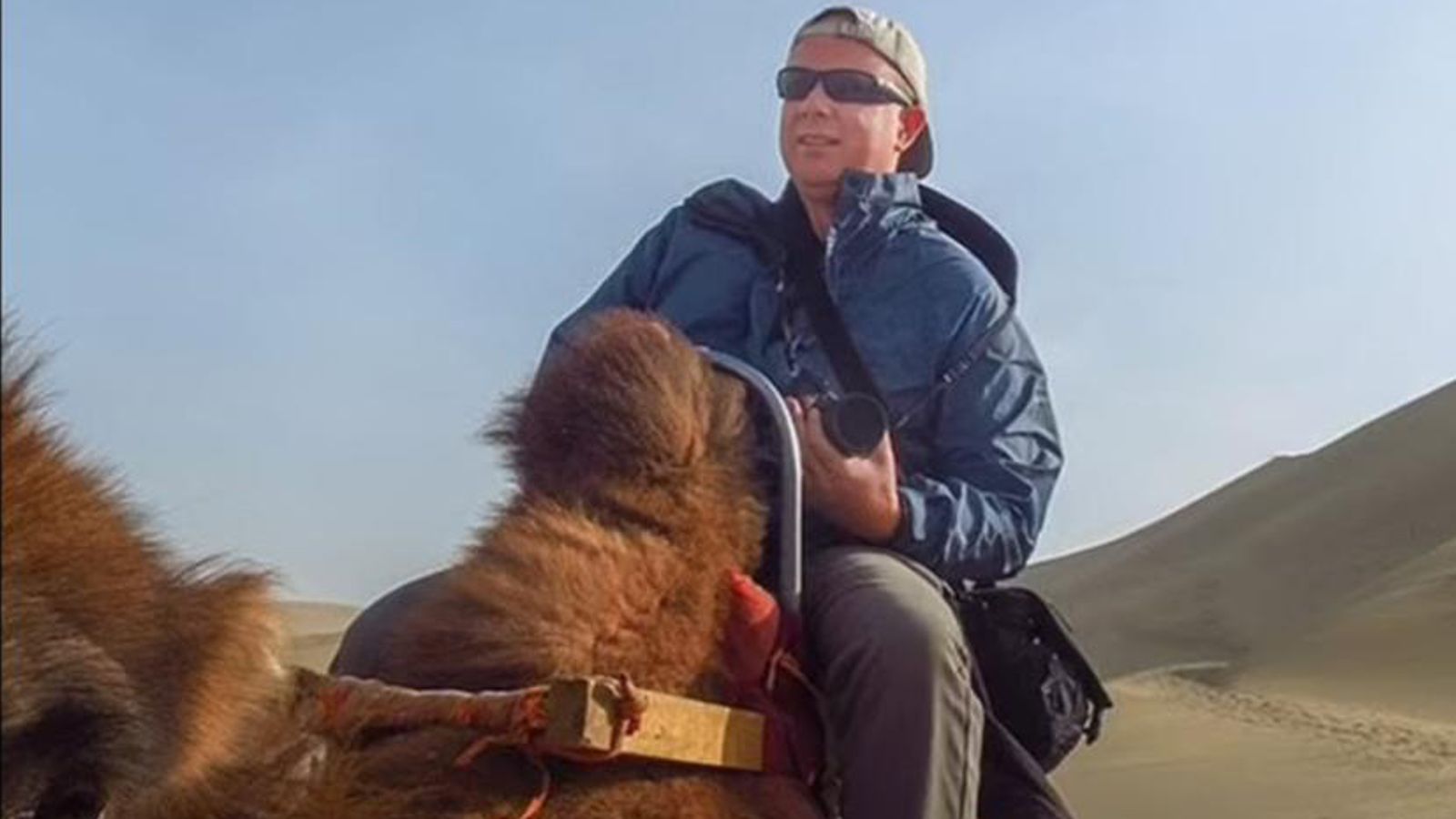Hezbollah claims it has fired 200 rockets into Israel in one of largest barrages yet


Militant group Hezbollah has said it has fired 200 rockets into Israel in one of its largest barrages yet.
The Iran-backed organisation claimed it launched the attack on ten Israeli military sites using a “squadron of drones”.
Tensions have been boiling around the border between Israel and Lebanon in recent weeks.
The Israeli military said that “numerous projectiles and suspicious aerial targets” had entered its territory, many of which it said were intercepted.
Israel’s ambulance service said there were no casualties reported.
The barrage of rockets is believed to be in retaliation for a strike that killed one of Hezbollah’s senior commanders.
Please use Chrome browser for a more accessible video player

3:14
From June: Furious fighting risking all-out war
Read more: Furious fighting between Israel and Lebanon is ratcheting up risk of all-out war
Israel’s military acknowledged on Wednesday that it had killed Mohammad Naameh Nasser, who headed one of Hezbollah’s three regional divisions in southern Lebanon, a day earlier.
Mr Nasser, killed by an airstrike near the city of Tyre in southern Lebanon, was one of the most senior Hezbollah commanders to die in the conflict.
Advertisement

Hours after Israel’s acknowledgement of his death, Hezbollah launched scores of Katyusha rockets and Falaq rockets with heavy warheads into northern Israel and the occupied Syrian Golan Heights.
The US and France are continuing to scramble to prevent the skirmishes from spiraling into an all-out war, which they fear could spillover across the Arab world.


The tensions between Israel and Lebanon erupted shortly after the outbreak of the war in Gaza. Hezbollah says it is striking Israel in solidarity with Hamas, another Iran-allied group.
The fighting has displaced tens of thousands of people on both sides of the border. In northern Israel, 16 soldiers and 11 civilians have been killed.

In Lebanon, more than 450 people – mostly fighters but also dozens of civilians – have been killed.

Keep up with all the latest news from the UK and around the world by following Sky News
Today’s strike comes as Israel’s cabinet is set to reconvene to discuss Hamas’ latest response to a US-backed proposal for a phased ceasefire in Gaza.
The US has rallied world support behind the plan that would see the release of all of the hostages still held by the militant group in return for a lasting truce and the withdrawal of Israeli forces from Gaza. But until now, neither side appears to have fully embraced it.

